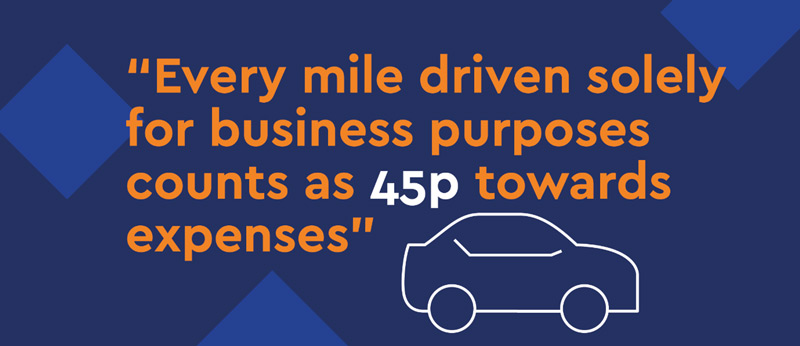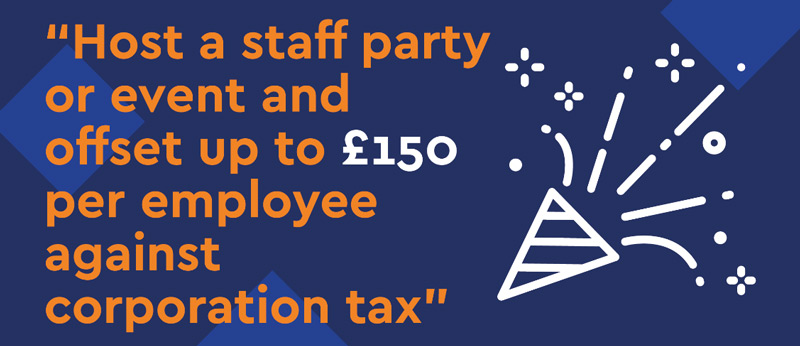Keeping corporate tax bills under control: your questions answered

Corporation tax has risen recently, which isn't great news for business owners. But by taking some straightforward steps, you can minimise the impact, writes Connor Limrick who answers some commonly posed questions.
Back in 2022, the government announced increases to corporation tax in the wake of the Covid pandemic. The argument was that businesses had received a great deal of support during the crisis in the form of loans and the furlough scheme. The time had now come to pay something back, in an environment where government debt had spiralled.
Consequently, the main rate of corporation tax rose to 25% in April 2023. Companies with profits below £50,000 stayed at the 19% rate, while other businesses – with profits between £50,000 and £250,000 – benefitted from a tapered rate reflecting their bottom line.
Nevertheless, we're in a period of adjustment to a higher tax rate and it's more important than ever to take steps to minimise your liability. Here, we try to answer a few of the most commonly asked questions.
What expenses can be claimed against corporation tax?
There are a variety of legitimate business expenses which your accountant can advise you on. They range from insurance and advertising costs through to travel. One significant expense for many businesses might be car mileage, for example. Every mile driven solely for business purposes counts as 45p towards expenses, which bring down the overall profit on which you pay corporation tax. Or if your company's business mileage is all done in company cars, the cost of buying or leasing those vehicles is an allowable deduction. The more environmentally friendly the vehicles are the more you save.

What about pensions?
If you pay into the pension schemes of your employees, you're incurring another expense which can be offset against corporation tax. Please be aware that pension contributions must be made before the end of the financial year to qualify for relief against total profits, unlike with salary.
How do reliefs and allowances work?
There is tax relief available for research and development, as well as profits from patented inventions. If you're in the theatre, TV, film, animation or gaming industries, you might also benefit from relief given to creative industries. Furthermore, museums and galleries creative industry tax relief rates uplift has been extended for another 12 months to 31 March 2025. Capital allowances are available for equipment and machinery. HMRC provides information on these and other reliefs here, but it's important to talk to your accountant to ensure you meet all the qualifying criteria.
Are there tax efficient ways of supporting our employees?
Yes. You could, for instance, host a staff party or event and offset up to £150 per employee against corporation tax. If there are multiple events in the year, be careful that the combined cost is not more than £150 per head or it is no longer an allowable expense Offering employees shares in the company can also help to reduce tax, while acting as a useful way to recruit, retain and incentivise staff. See https://www.gov.uk/tax-employee-share-schemes for more details.

Any other useful tips I should know?
I've been advising all my clients to check their online corporation tax account before they make any payments as I am regularly coming across cases when HMRC are in debt to them. With the interest rates being so high currently, HMRC are paying early payment interest at 4.25%. For example a £25,000 corporate tax bill that is paid a month early, would mean HMRC credit that account by £89. You can then reduce your next payment by the amount in credit.
Thinking about sensible ways of managing your corporation tax bill makes a lot of sense. So why not discuss your own circumstances in more detail with a professional from Page Kirk? Just call us on 0115 955 5500 or email enquiries@pagekirk.co.uk